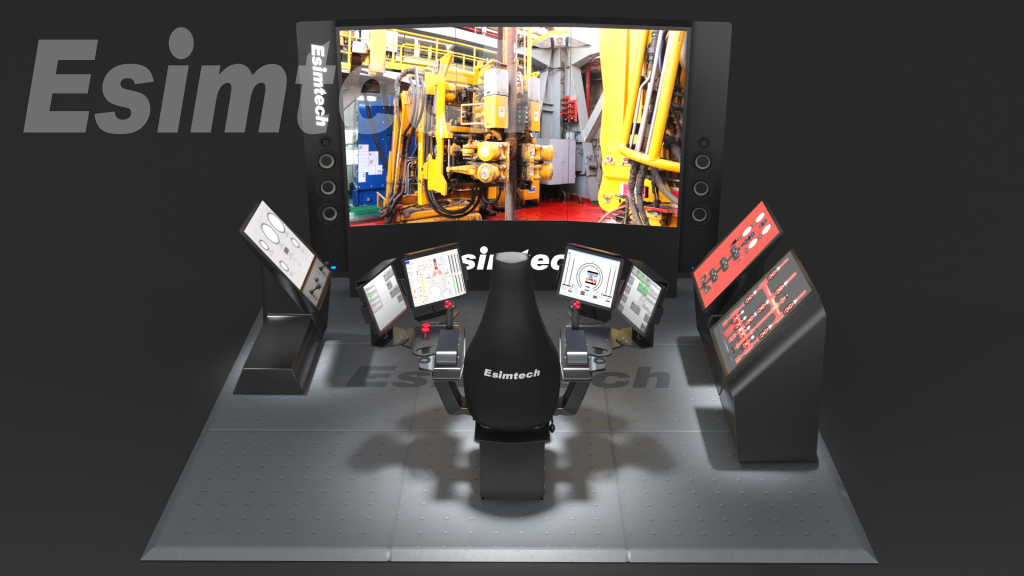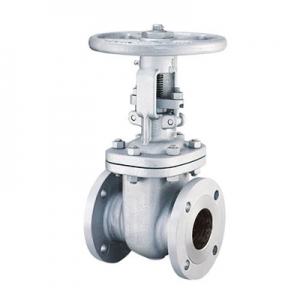The oil and gas industry's drilling operations are intricate, involving a complex array of equipment and procedures. Despite rigorous protocols, emergencies can still occur, posing serious risks to personnel, the environment, and equipment. The drilling emergency practice training platform is a tailored training system designed for the oil and gas industry. This innovative drilling practice training simulator replicates diverse drilling scenarios, enabling personnel to practice emergency response strategies in a secure and controlled environment, thereby enhancing their skills and comprehension of emergency protocols.

The Vital Necessity of the Drilling Emergency Practice Training Platform
Safety: Drilling operations harbor inherent hazards, and emergencies can materialize unexpectedly. Comprehensive training in emergency response protocols reduces the likelihood of injuries or fatalities.
Preparedness: Equipping workers with rapid and efficient response capabilities limits losses and minimizes the impact of emergencies.
Compliance: Regulatory bodies mandate proper emergency response training. Adhering to these standards is pivotal for personnel and environmental safety and to avoid penalties and legal ramifications.
Efficiency: Effective emergency response necessitates a well-coordinated effort. Adequate training streamlines collaboration, minimizing response time and operational disruptions.
Reputation: Oil and gas emergencies can tarnish a company's public image. Competent emergency response mitigates negative publicity and maintains public trust.
The platform encompasses computer systems, software, physical models, and monitoring systems.
Software simulates drilling issues like blowouts and stuck pipelines.
Physical models replicate drilling equipment and components.
Monitoring and control systems ensure training safety.
Various control methods and training modalities are available.
Training Modules and Exercises

Blowout Control Exercise: Teaches blowout control measures and well-kill procedures.
Stuck Pipe Exercise: Instructs pipe-freeing techniques.
Well Control Exercise: Covers pressure control procedures.
Equipment Malfunction Exercise: Focuses on troubleshooting and repair skills.
Emergency Response Exercise: Imparts emergency response methods and basic first aid.
Team-Based Exercise: Enhances communication, teamwork, and decision-making.
Advantages of the Drilling Emergency Practice Training Platform
Improved Safety: Provides a secure environment for practicing response tactics, mitigating real-life risks.
Enhanced Preparedness: Enables quick and efficient responses to actual emergencies, minimizing potential damage.
Cost Savings: Offers a cost-effective alternative to on-site training, saving resources and reducing operational interruptions.
Customization: Tailored to simulate distinct drilling scenarios, promoting hands-on experience in diverse situations.
Real-Time Feedback: Enables self-assessment and skill refinement.
Regulatory Compliance: Meets training requirements while ensuring preparedness for crises.
In Conclusion
The drilling emergency practice training platform is pivotal for honing the skills and knowledge of oil and gas professionals. By replicating practice crises within a controlled environment, personnel can enhance their readiness and response techniques, reducing the risk of harm, loss, and damage. In an industry where safety and efficiency are paramount, this platform serves as an essential tool for safeguarding personnel, the environment, and the industry's reputation.







